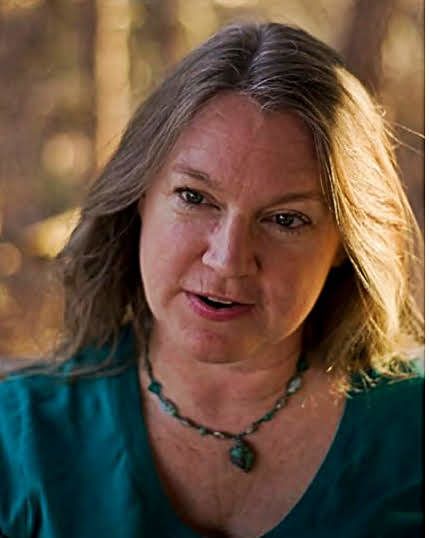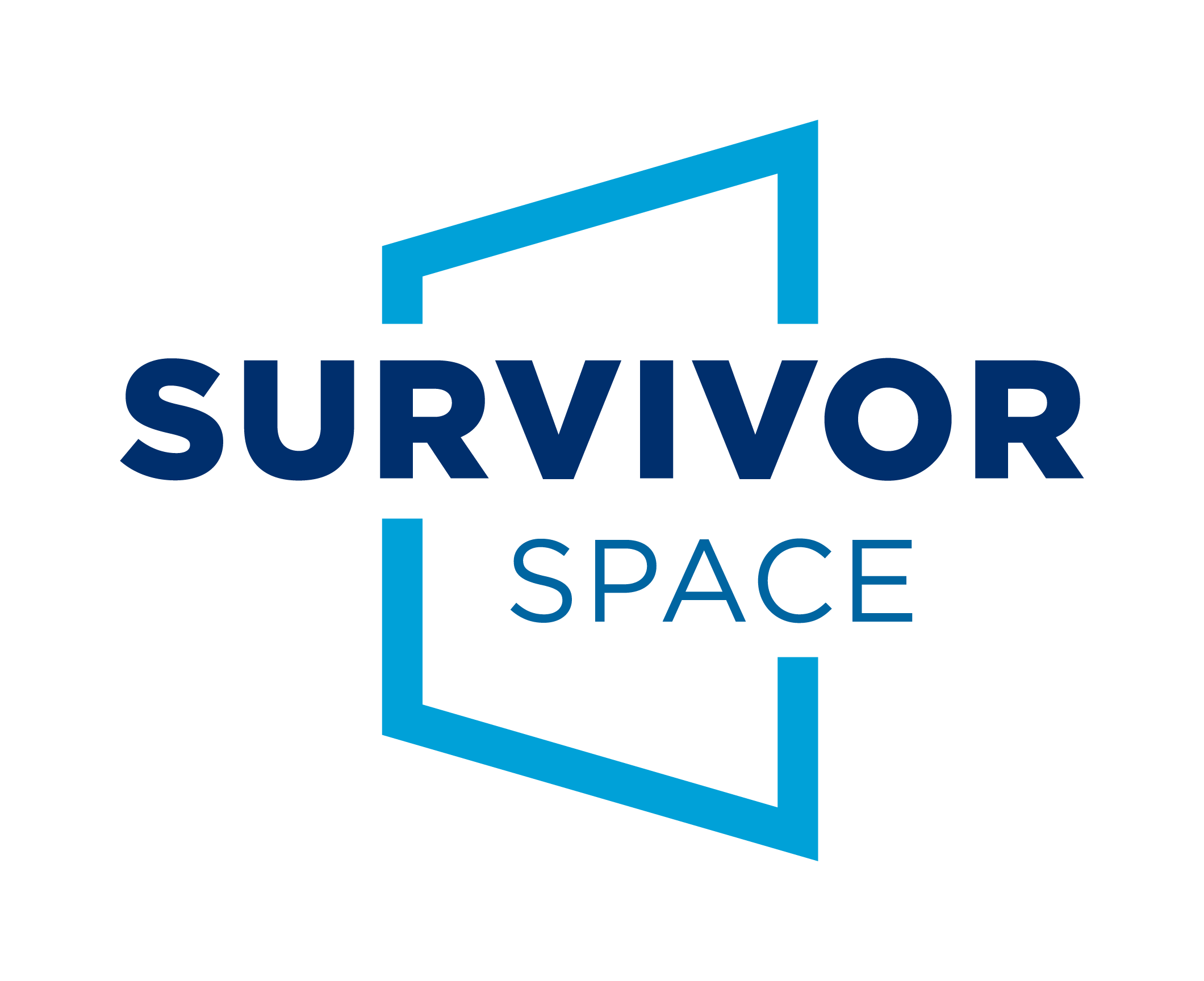Disclosing Past Abuse to an Intimate Partner

I reached across the table for Blake’s hand. I’d made lasagna for dinner, with salad and red wine, and the candlelight gleamed across the dining room table. It was time.
“Blake, I need to share something,” I said quietly. “It’s really . . . . “
“I know, and I want to say it first,” he said. “I love you!”
Oh, this conversation wasn’t going in the direction I’d planned for it at all. First, I wasn’t ready to say the “L” word, which is super triggering for me. Second, I had plotted and planned all day about how to share my scariest truth: I’m a sexual abuse survivor, and sometimes, in intimate moments, I have to be super-careful about flashbacks.
“I’m so glad,” I said slowly. “Thank you, I mean, yes, I mean ……”
That night turned out to be the wrong night, after all. My courage dissolved faster than I thought it would. We never got around to what I’d planned so much to say, and as I washed the dishes the next morning, I thought about trying again.
From all my experiences, I’ve come up with ten tips on how to disclose that scary secret – past abuse – to a new intimate/dating partner.
1. If you are an outdoors person, like I am, then choose an outdoor location with sunshine, and plenty of room for the energy to flow in all directions. Make sure it’s private, but not too isolated, and not too romantic. What you’re sharing goes beyond romance, into the realm of really gritty truth. Choose a location that feels safe to you.
2. Be prepared for responses that you might not have anticipated at first. I have dated a lot, and felt it necessary to share with several people. Their responses have been as varied as they are. One person burst into tears and began sobbing, “Oh, I am so sorry for you.” Another one simply sat there in stunned silence, and then got up and walked away, with a quick, “I’ve got to process this.” And a third reached out and held me for a long, long time.
3. Be prepared for your partner to disclose abuse, too. Make sure that you talk together about how much to disclose, so that you don’t trigger each other.
4. There’s a wonderful book that you can share with your partner, once things get super-serious, called ALLIES IN HEALING, by Laura Davis and Ellen Bass. It offers a lot of really wonderful tips.
5. A sexual abuse history does NOT mean that someone will be repulsed by sex, or even certain specific sex acts, and it does NOT mean that someone will be promiscuous, either. Many false myths and assumptions exist around this topic, and sexual abuse survivors vary as much as all human beings vary. Reassure your partner – and yourself – that your history doesn’t define your present or your future. It’s a part of a much larger picture of who and what you are.
6. The bedroom is NOT the best place to disclose abuse history. It’s important to separate sexual abuse from sexuality, and to make sure that your discussions of that history don’t happen in the places where you most want to experience healthy, healing sensuality.
7. Sometimes people say incredibly stupid things, because they don’t know what to say. One person actually said – and I kid you not – “Did you get off on it?” Well, to say that I ditched this dense person immediately would be fully accurate. I realized it would take far more education than I was prepared to do to have an intimate relationship with someone who didn’t even understand that being tortured in childhood was hurtful and terrifying. At the same time, if someone’s caught by surprise, they might say something ridiculous, so be ready for that, too.
8. When your partner gets really emotional about something you’ve dealt with and recovered from years ago, it can be unsettling. Explaining that you have recovered and are doing all right might not be the whole point; your partner, too, will have a reaction, often fueled by compassion and love, and validating that reaction is important. Even in this moment when you’re revealing a deep truth, it isn’t all about you. It’s all about both of you.
9. Be ready to explain why you’re sharing the information, and know in your own mind and heart why you want to share. Is it to explain why you need to create a safe word during some intimate interactions? Is it so your partner will understand why you don’t want to go to your family reunion? Is it to deepen the transparency in your connection? Determine your own motivation, and be ready to share.
10. After sharing, give your partner time to respond. Be careful not to monologue. Let it be a dialogue, a real conversation.

You got this. You can do this. You can’t control your partner’s response, but you can control your own response, and respecting your need for full connection and full disclosure is a big step on this journey of living and loving together.
__
Blake is a pseudonym.

About the Author:
Kiesa Kay is a Survivor, Author & Playwright
Kiesa’s works include Uniquely Gifted: Identifying and Meeting the Needs of the Twice Exceptional Student, and she co-edited High IQ Kids, which received the Legacy Award for the Best Book for Parents and Teachers in its publication year. Her memoir is titled Tornado Alley, and she’s written What Every Grandparent Needs to Know About Childhood Sexual Abuse. Kiesa’s plays include Thunder is the Mountain’s Voice, Love Makes a Home, and Sky Eyes.

Published by SurvivorSpace, an initiative of Zero Abuse Project
